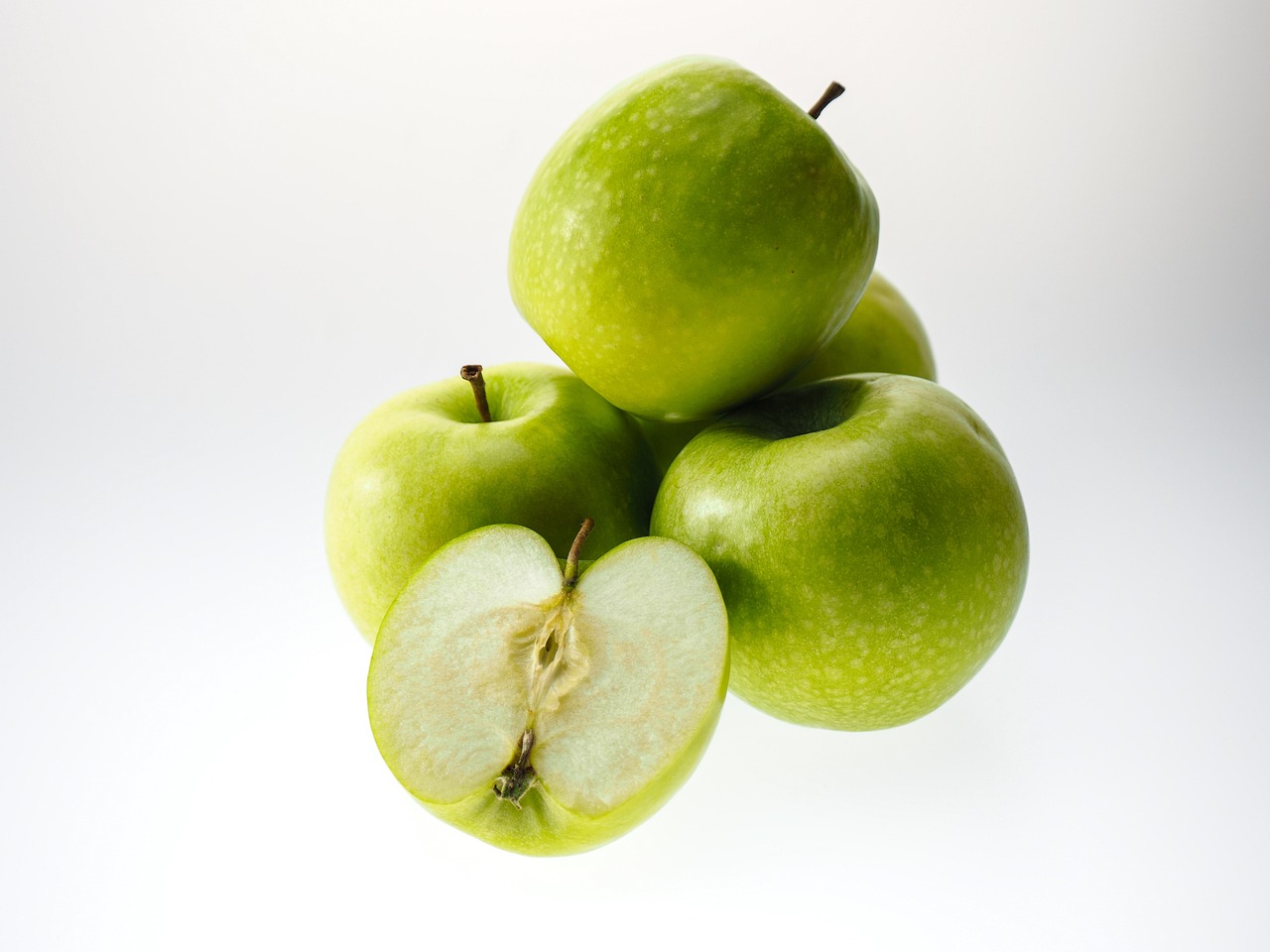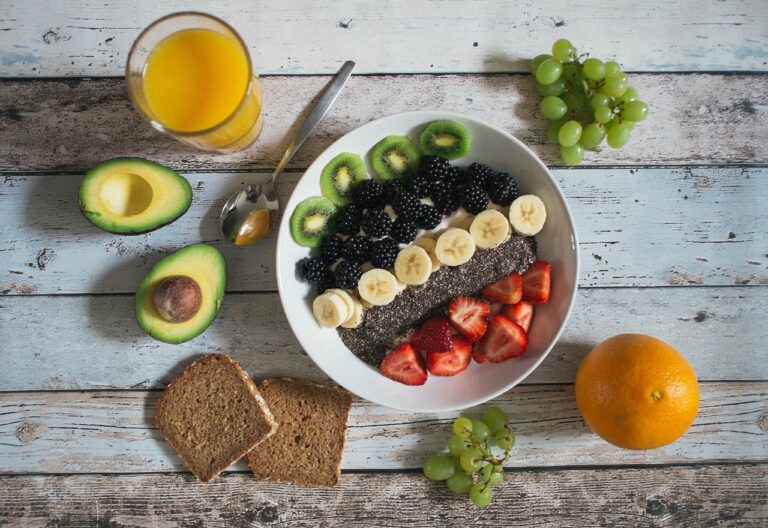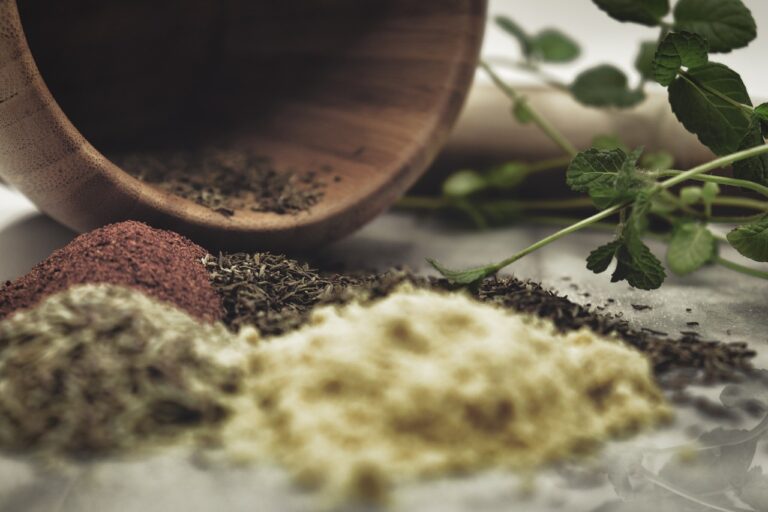Fermented Foods in Global Cuisine: From Kimchi to Kvass
betbhai9, playexch in login, lotus 365.vip: Fermented foods have been a staple in global cuisine for centuries, offering a unique blend of flavors and health benefits. From tangy kimchi in Korea to fizzy kombucha in the United States, fermented foods are enjoyed by people all over the world. In this article, we’ll explore the diverse world of fermented foods, from traditional favorites like sauerkraut and miso to lesser-known delicacies like kvass and tempeh.
Fermentation is a process that involves the breakdown of carbohydrates by bacteria, yeasts, or other microorganisms. This process not only preserves food but also enhances its flavor and nutritional value. Fermented foods are rich in probiotics, which are beneficial bacteria that support digestion and overall gut health. Additionally, fermentation can increase the bioavailability of nutrients in foods, making them easier for our bodies to absorb.
So, let’s take a journey around the globe and explore the fascinating world of fermented foods.
Kimchi: Spicy and Tangy Korean Delicacy
Kimchi is a staple in Korean cuisine and is a spicy fermented vegetable dish typically made with cabbage, radishes, and a variety of seasonings. It is known for its vibrant flavors and probiotic benefits. Kimchi is often served as a side dish or used as a key ingredient in other Korean dishes like kimchi fried rice and kimchi jjigae (kimchi stew).
Sauerkraut: The German Classic
Sauerkraut, which means “sour cabbage” in German, is a popular fermented food made from shredded cabbage that has been fermented with lactic acid bacteria. It is a tangy and crunchy condiment that is often paired with sausages or served as a side dish. Sauerkraut is a good source of vitamin C and probiotics, making it a healthy addition to any meal.
Miso: The Japanese Umami Bomb
Miso is a traditional Japanese seasoning made by fermenting soybeans with salt and koji (a type of fungus). It has a rich umami flavor and is commonly used in soups, marinades, and dressings. Miso is also a source of essential amino acids and probiotics, making it a nutritious and flavorful addition to any dish.
Kombucha: The Fizzy Fermented Tea
Kombucha is a fermented tea beverage that has gained popularity in recent years for its tangy flavor and fizzy texture. It is made by fermenting sweetened tea with a symbiotic culture of bacteria and yeast (SCOBY). Kombucha is believed to have detoxifying and energizing properties, making it a popular alternative to sugary sodas.
Kvass: The Russian Rye Bread Elixir
Kvass is a traditional Russian fermented beverage made from rye bread, water, sugar, and yeast. It has a slightly sour flavor and is often enjoyed as a refreshing drink during hot summer days. Kvass is rich in probiotics and vitamins B and C, making it a popular health tonic in Russia and other Eastern European countries.
Tempeh: The Indonesian Protein Powerhouse
Tempeh is a traditional Indonesian fermented soy product that is made by fermenting cooked soybeans with a mold called Rhizopus oligosporus. It has a nutty flavor and a firm texture, making it a versatile meat substitute in vegetarian and vegan dishes. Tempeh is a good source of protein, fiber, and probiotics, making it a nutritious addition to any diet.
Fermented Foods FAQs
Q: Are fermented foods safe to eat?
A: Yes, fermented foods are safe to eat as long as they are properly prepared and stored. The fermentation process creates an acidic environment that inhibits the growth of harmful bacteria.
Q: What are the health benefits of fermented foods?
A: Fermented foods are rich in probiotics, which support digestion and gut health. They are also more easily digestible and can increase the bioavailability of nutrients in foods.
Q: Can I ferment foods at home?
A: Yes, many fermented foods can be made at home with the right equipment and ingredients. There are plenty of recipes and resources available online to help you get started on your fermentation journey.
Q: Are there any risks associated with consuming fermented foods?
A: While fermented foods are generally safe to eat, some people may experience digestive discomfort if they consume them in large quantities. It’s always best to introduce fermented foods gradually into your diet to see how your body responds.
In conclusion, fermented foods are a delicious and nutritious addition to any diet. With their unique flavors and health benefits, they offer a taste of culinary traditions from around the world. Whether you’re enjoying a bowl of miso soup or sipping on a glass of kombucha, fermented foods are sure to tantalize your taste buds and nourish your body. So, why not add some fermented foods to your next meal and discover the wonders of global cuisine?







